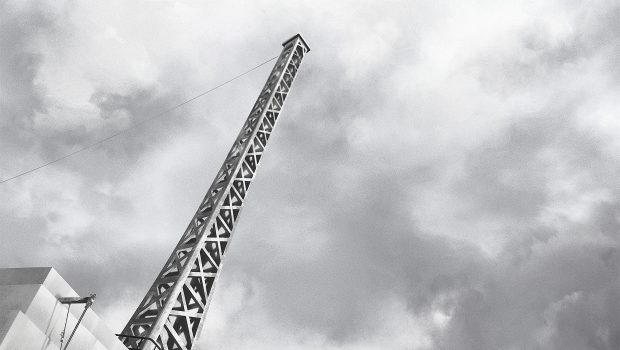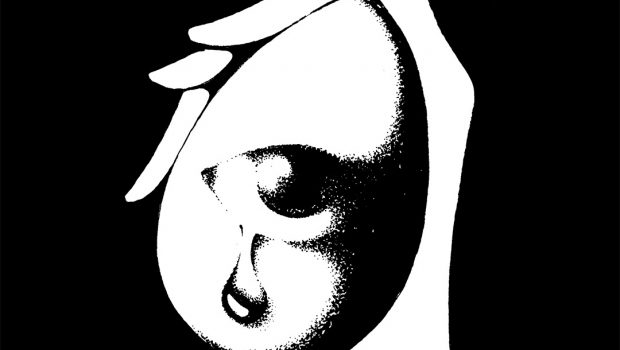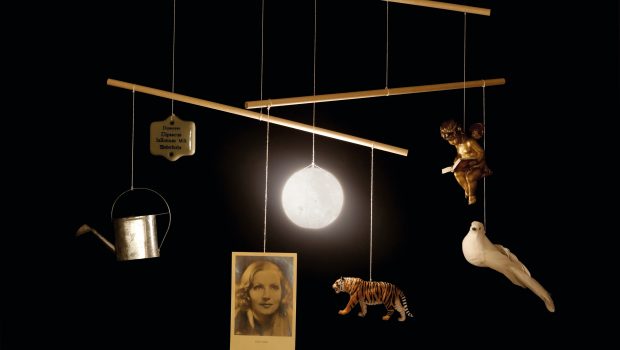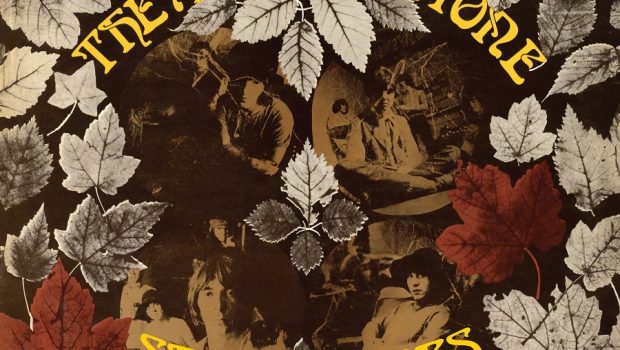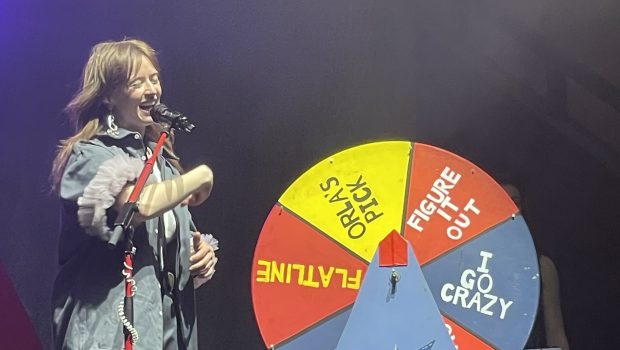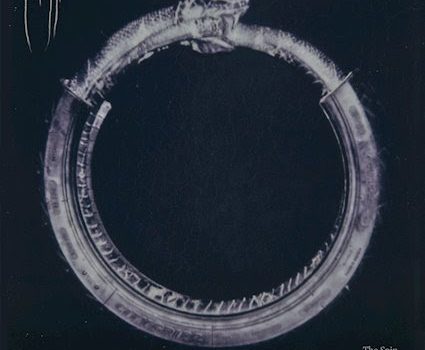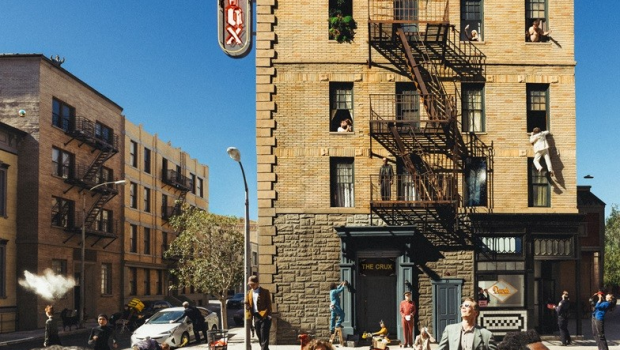– THE RITZ, MANCHESTER –
The Ritz is decked out in spangled art deco. But in front, from a pulpit, dangles a rag. SF is picked out in gaffa taped juxtaposition. It’s the moniker of opening act Smoke Fairies; a five piece who richly deserve their mention. Two frontwomen harmonise in tones smooth enough to make hard men soft. They stand light and dark; blonde picked out in blue, brunette in white blonde light. Both colours bounce from the disco ball to the matching curves of their spangled dresses and across the room into hundreds of transfixed retina. They launch straight into an atmospheric blues rock. My mate Dan turns to me: says ‘she plays slide like a motherfucker’, I think. Whatever he says I nod in agreement.
They sound like Fleetwood Mac’s incestuous, Back to the Future lovechild. 60s Mac meets 70s Mac drowning in dry ice. Unafraid to be offbeat they tell baleful tales of love between balls-out blues: once a riff from ‘My Sharona’ is tacked onto a ballad and disco emerges. They are a fantastic live band but in the intermission, we bemoan that they lack a USP (or any other acronym) to get Pitchfork moist at the gills. As a result, they may fade into obscurity. I hope to be proven wrong.
PSB, Public Service Broadcasting come after that intermission. Or at least one of their creations does: It’s a public information film, a crowd information film really, featuring twee cartoon bignoses. It’s about a subject close to my heart; smartphones at gigs. It warns of their dangers (spoiler: death), and encourages everyone to watch and enjoy the band rather than the pixelated backside of a lens. It would perhaps get the biggest cheer of the night.
From the back, I barely see a single illuminated oblong. All night the crowd are enraptured, caught up in a sense of enveloping communalism. The first thing to strike the eye is the ‘spangled art deco’. Smoke Fairies almost stuck fingers to it. PSB embody it. They open with a hard 4/4: as Sankeys as it is ‘Sputnik’. Skeletal phantasms flit across the projected backdrop, static on stacked CRT screens fronting the stage. Strobes dissect that stage, and the crowd, picking out and widening each pupil. Sputnik itself hangs above the band: a celestial disco ball that sparks all night, delivering its own good-time transmissions. They build mood, feeling, and everything they do envelops in encompassing sensual experience. When they namecheck the band, the phrase ‘on set design and visuals: Mr. B’ produces a tremendous noise: whoops and hollers and the sound of hand on hand. They pull out all the metaphorical stops, every strobe in time. Imprinted on the optic nerve it creates that 4am feeing at 9.45.
The music is note for note; they replicate it with precision. The plaudits given to The Race For Space by this point speak for themselves. Live, the crescendos and the rousing, instrumental, disco inflected, 65daysofstatic inspired music combine with samples speaking of great human accomplishments. The first step on a celestial body, the first man to float unrestrained by gravity: the same gravity the spitfire defied. Something slightly below your ribcage builds and tightens when the light hit you right during the climactic scene of ‘The Other Side’. They run through the hits: with a strobe in your eye, ‘Go!’ sounds like Gui Boratto, Smoke Faries return to harmonise on ‘Valentina’, and ‘Signal 30’ is as violent as it is rampant.
The albums cling together so tightly, they are so conceptual and thematic that it creates a slight disconnect live. A little of each world: tweed suited and spacesuited, is lost in their jumbling, but it is the most minor of criticisms. What emerges above all, if I’ve not made it clear, is the sense of oneness, the sense of common humanity usually reserved for more easily definable electronic acts. While the music often leans towards noise rock, that feeling remains.
There are no egos on show: set designer gets the cheer usually reserved for the lead singer. The band’s only frontman is a series of pre-recorded samples. Ones and zeroes crack wise in clipped tones. Hollered requests from the crowd are few, partly I think because so much thought and effort had clearly gone into the construction of the evening. Much of the crowd felt they owed the band the luxury of doing it their way; we wanted to see the world they had so carefully created (in the same way they created worlds with each album) rather than merely hear the hits. One man shouts for something, and gets a deadpan, digital ‘No’. A snappy putdown with the push of a button, gets a big laugh from the crowd.
‘Gagarin’ complete with a fist-pumpng brass section forms the encore: the heckler got wish eventually, and I get the feeling nobody went home unhappy. The sensational music on record was replicated perfectly; their effort went into the extras, and into creating emotion, experience. I realised that effort paid dividends as I floated home, smiling, the sample from ‘ROYGBIV’ rattling around my head: ‘I believe in this world to come, I think It’s going to be a pretty good world’.
Public Service Broadcasting Official | Facebook | Twitter | Youtube


